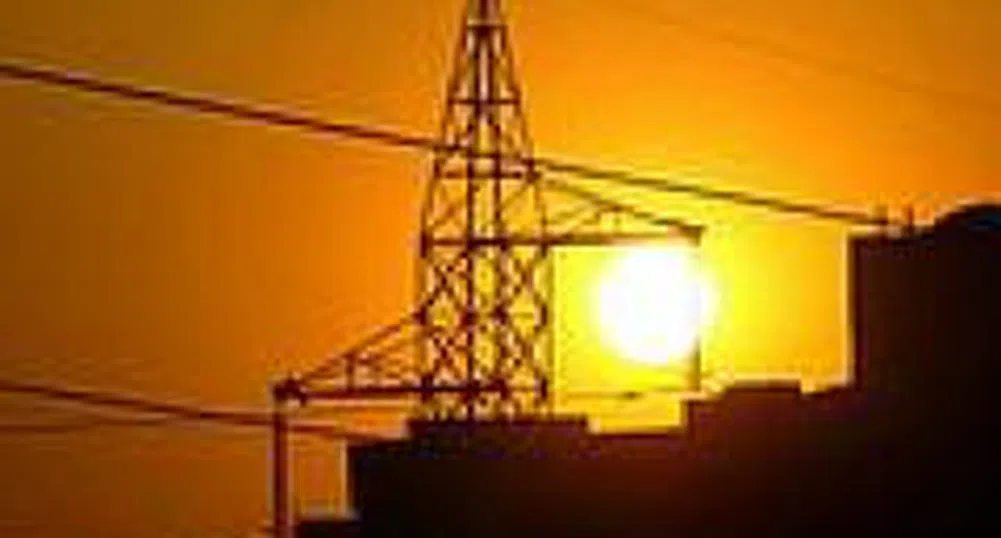Balkan Heads Hope to Stop Energy Crunch

Balkan heads of state gathered at this Macedonian resort Friday, hoping to expand energy cooperation across the region and limit growing power shortages that threaten efforts to catch up economically with the rest of Europe, reported businessweek.com.
Southeast Europe has been hit by the EU-mandated closure on January 1 of two reactors at Bulgaria's Kozloduy nuclear power plant. The safety-related shutdown drastically reduced electricity exports from Bulgaria, previously a major producer -- causing shortages in nearby countries and raising fears of more blackouts this summer. A winter drought has also reduced hydroelectric production, while other planned infrastructure - the Burgas-Alexandroupolis oil pipeline, the private AMBO oil link proposed between Bulgaria and Albania and a new Bulgarian nuclear plant - are years from completion. "We are facing serious problems in the energy field," said Stevo Pendarovski, foreign affairs adviser for the Macedonian presidency. "Our region is not rich with energy resources, we all import oil. We need a stable supply of sources and more use of renewable energies."The summit brings together six presidents - Alfred Moisiu of Albania, Stipe Mesic of Croatia, Boris Tadic of Serbia, Filip Vujanovic of Montenegro, Branko Crvenkovski of Macedonia and Nebojsa Radmanovic, representing Bosnia's rotating presidency -- along with Bulgaria's vice president, Angel Marin. Romanian President Traian Basescu was a late cancellation because of impending impeachment hearings in Bucharest. The leaders are expected to declare political solidarity in the event of a local or global energy crisis. A draft declaration, a copy of which was obtained by The Associated Press, also reaffirms efforts by western Balkan nations to eventually join the European Union and NATO. It also calls energy stability crucial for economic development and political stability, and advocates transparency and market principles for suppliers and users. The summit is the Balkan leaders' third gathering in a year, following summits on tourism last year in Durres, Albania and combating terrorism and organized crime last October near Belgrade.
Macedonia is also pushing a privatization agenda. "We would like to see less state intervention, and we are promoting initiatives in this area," including tenders for 60 small hydroelectric facilities, Pendarovski said. "It is something, but it cannot solve the whole problem. We have to appeal to foreign companies" for investments, he said. The meeting advances the aims of the October 2005 Energy Community Treaty, which extends the EU's internal energy market into southeastern Europe to develop networks, balance supply and demand and promote efficiency. It is also seen as a step toward future EU membership. Two participating countries, Bulgaria and Romania, joined the EU in January. Croatia and Macedonia are official candidates, while membership prospects of the other four remain distant.
)
&format=webp)
&format=webp)
&format=webp)
&format=webp)
&format=webp)
&format=webp)
&format=webp)
&format=webp)